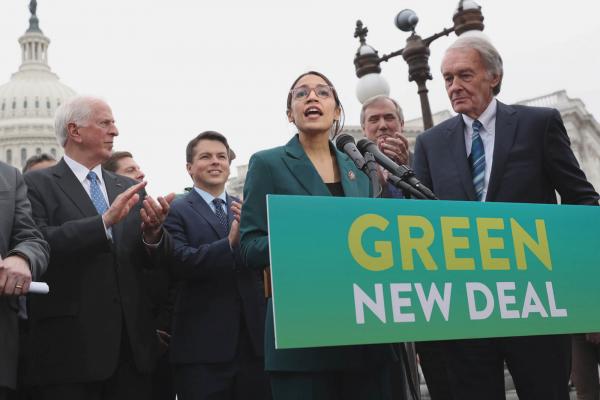FOR A SOCIETY already divided along race, class, and gender lines, the emerging divisions between young and old may become another crucial fracture—one that could sap our ability to make change. Or, if we understood it just a little differently, that fracture could heal in a way that strengthened our society.
You can see this division on many fronts. As the enormous and lucky Boomer generation has moved through our society, it has done a good deal of grabbing: Grabbing of money, as Boomers who grew up in an era of rising wages and cheap houses consolidated a relatively strong financial position. (You may not feel rich, but if you’re secure that looks awfully nice to Millennials struggling with college debt and living four to a sublet.) Grabbing of attention: For decades every company catered to the buying power of the generation, and even now its politicians are reluctant to surrender the stage.
It would be one thing if we Boomers had used the strong economic decades of our early lives to help make society stronger and more resilient. There’s much to be proud of: the civil rights and women’s movements, for instance. But on the whole, we’ll be the first generation to leave the world a worse place than we found it. Climate change, of course, is the perfect example: We’ve literally filled the atmosphere with so much carbon that we’re changing the operation of the planet. California has turned from golden idyll into smoke-choked danger zone; we’ve raised the oceans and melted the glaciers.
Read the Full Article

